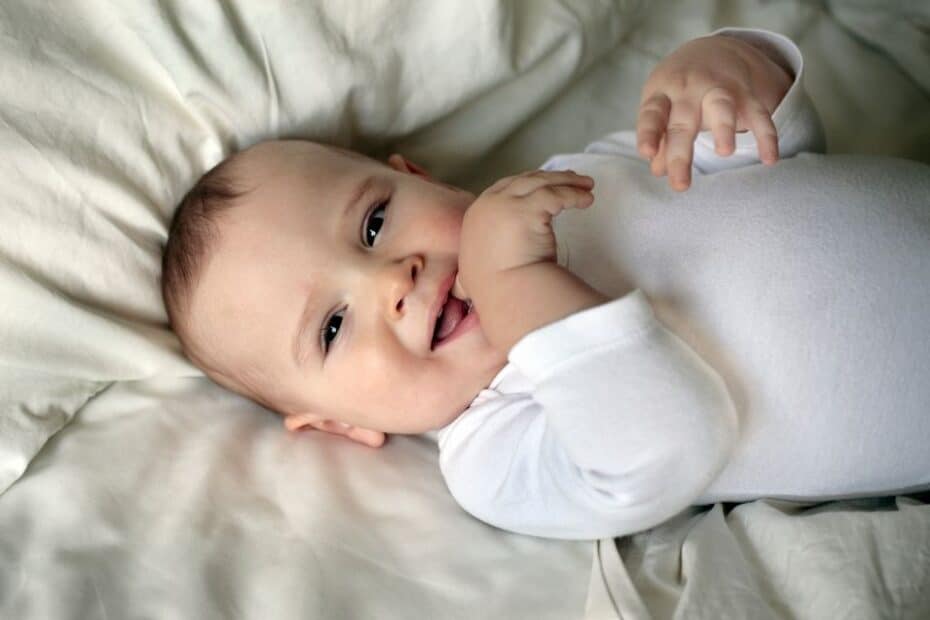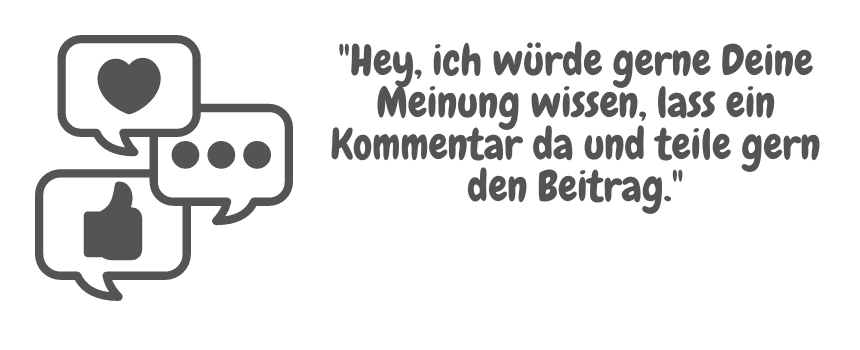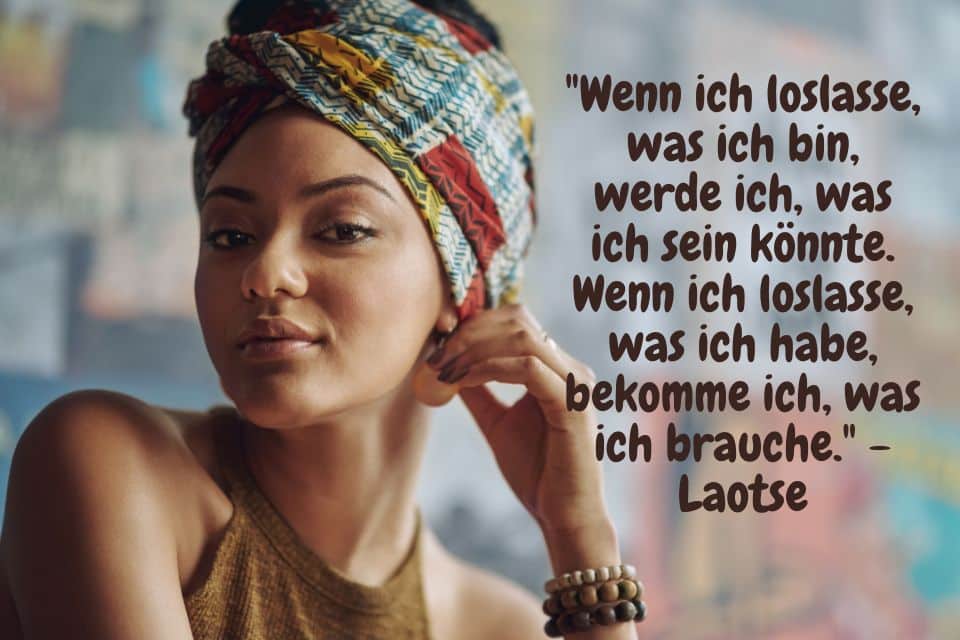Last updated on July 29, 2023 by Roger Kaufman
A baby can laugh at the little things in life
The dad tears up a rejection application letter, but his 8-month-old son laughs about it so charmingly and sweetly that he has no other choice and starts laughing about it himself.
Source: Sniper Exitz
The Magic of Baby Laughter: From Reflexive Giggles to Joyful Bonds
Babies are actually very good at laughing, and you Laughter is often contagious and heartwarming.
Babies' laughter is not only sweet and cute, but also has an important social function.
Here are some reasons why babies laugh so well:
- Reflexive laughter: Newborns can already be asleep or through Touching certain parts of her body (e.g. on the soles of the feet) laugh reflexively. This laughter is not yet conscious and probably serves to stimulate and train the facial muscles.
- Social Interaction: Already in Age From just a few weeks of age, babies begin to consciously interact with their environment. They smile in response to the faces and voices of caregivers. This smile shows an early childhood form of social behavior and serves to build an emotional bond.
- Joy and discovery: During the first year of life develop babies a real sense of joy and pleasure. They laugh when they discover something funny or surprising, such as playing hide-and-seek with their parents.
- Communication: Use babies Laughing as a way too means of communication. You can use it to express that you are comfortable and feel happy, which is an important signal for their caregivers.
- Mirror neurons: The Babies' laughter is also contagious Component. If we a Baby When we hear or see laughter, so-called mirror neurons are activated in our brain, which cause us to laugh along or feel joyful.

Babies' laughter is not just spontaneous natural behavior, but also has diverse meanings for their development and for interpersonal interaction.
It's a wonderful way for babies to connect with their environment and their joy and their happiness can express.
8 minutes of funny moment when the baby laughs - A baby can laugh really well
Source: Funny Awesome
Here are some additional interesting information and facts about the topic of “baby laughter” | A baby can real laugh well:
- Development of laughter: The laughter is a more important Milestone in the emotional and social development of babies. It typically develops around 3-4 months of age, when babies begin to consciously respond to social interactions and experience pleasure. In the first few months, laughter is simple and spontaneous, but over time it becomes more complex and linked to different situations.
- Laugh as Stressdismantling: Babies can relieve stress and relieve tension through laughter. Sometimes babies laugh to cope with challenging situations, such as: E.g. strangers or frustration. Laughter has a calming effect and can help them feel more confident.
- Laughter is contagious: Not only can babies' laughter be contagious for adults, but also vice versa. When an adult laughs heartily, babies can do so bring laughter, even if they don't understand the exact meaning of the joke or funny situation.
- Different types of laughter: Over time, babies develop various Types of laughter. There's the playful giggling, that hearty Laughter and the uproarious laughter they show when they are feeling particularly jolly. Each type of laughter can be different emotions or reflect experiences.
- Laughter as a way to promote bonding: The laughter between parents and babies plays a crucial role in forming a secure attachment. When babies see their parents react to their laughter and laugh with them, they feel loved and secure, which is of great importance for their emotional development.
- Cultural differences: Although babies laugh all over the world, the way they laugh can be interpreted differently in different cultures. Cultural differences can also influence the triggers for baby laughter.
- Laughter promotes learning: Laughter can have a positive effect on that Learning and cognitive development of babies have. Studies have shown that Children, who laugh often and grow up in a happy environment, can develop better problem-solving skills and creative thinking.
This information makes it clear that babies' laughter is more than just a cute expression of joy.
It has profound significance for their development, social relationships and well-being.
parents, carers and PeopleThose who interact with babies can use laughter as a valuable way to create a positive and supportive environment for little ones.









